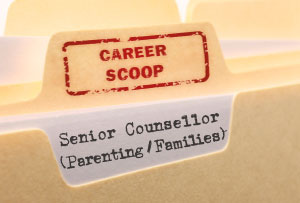 In a nutshell, what do you do?
In a nutshell, what do you do?
Counselling, Education and Advice in the broad area of family systems and specifically (within the Parenting Orders Program), developing communication between high-conflict, separated parents.
In addition, I work with Expats in Crisis, delivering counselling, coaching and training to Expatriate communities and schools.
Why did you decide to become a Counsellor?
A deep curiosity about people and groups, why they behave as they do and what needs to happen when things go wrong.
What path did you take into it?
After 25 years as a teacher / educator with a particular interest in Pastoral Care, I did a Masters degree in Counselling and went back into schools as a Youth Worker and Counsellor.
What, in your opinion, is the best bit of being a Counsellor?
The privilege and trust in being invited into people’s inner world.
Every job has its downsides. What do you think are the worst bits?
Not much exercise, too many people (hardly trained) doing it, not particularly well-paid in the public sector, public perception.
Is it what you expected when you first started out – and what’s different?
It is more than listening… it is a journey, and the trick is to help the client find the map!
What do the public least understand – or mistake – about what you do?
Some people see it as weak to go to a counsellor, when, in fact, it shows great courage and strength to ask for help. Oh, and that we hug a lot (which I don’t!)
What kind of people tend to do well?
People with a clean mental / emotional bill of health themselves… Good listeners who can hear the ‘story behind the story’… Sensitive, yet fearless to challenge… Creative… Able to walk away at the end of the day… People who continually ask ‘what’s going on here?’, based upon their intuition.
Finally, any advice you’d offer to people looking to get into this line of work?
Don’t get into it if you are not emotionally ‘sorted’ yourself.



